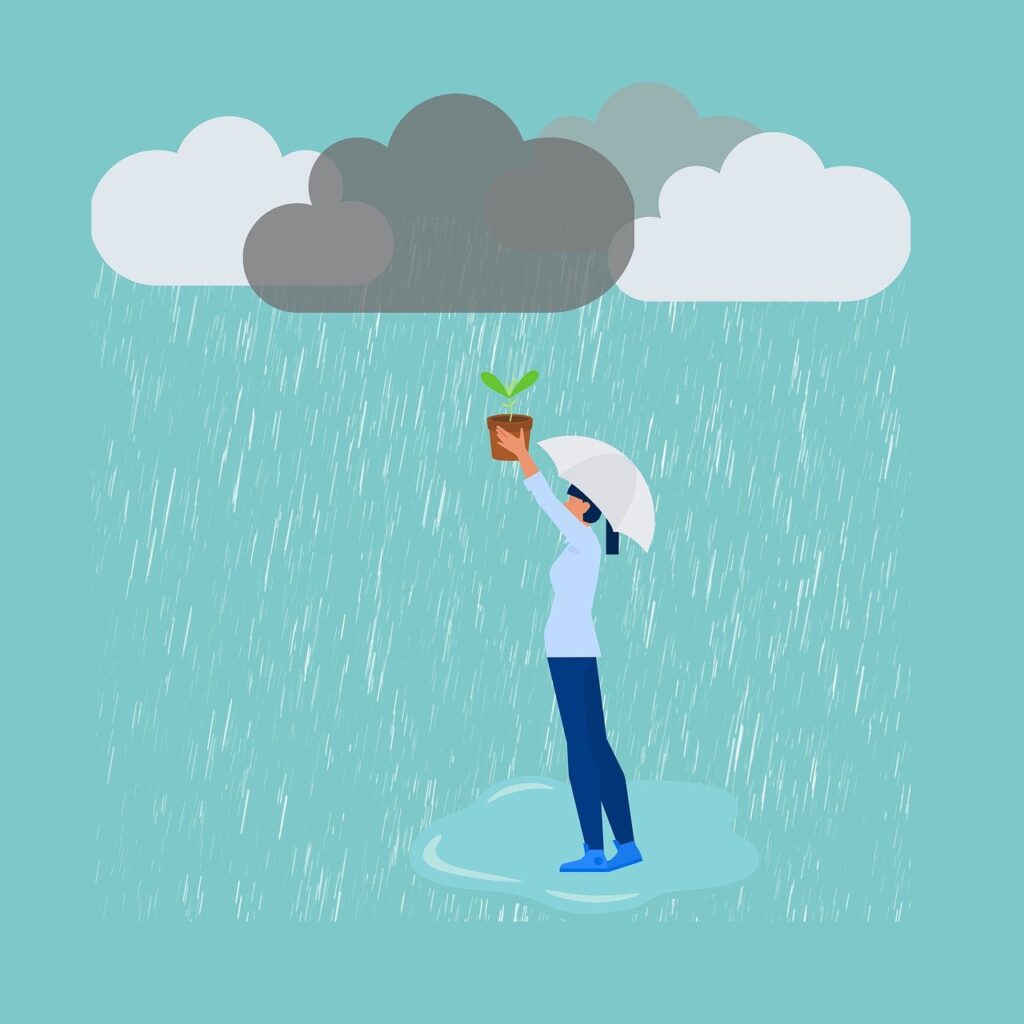Read:
https://www.inc.com/maya-hu-chan/what-an-old-chinese-story-can-teach-you-about-resilience
Are these sentences true or false?
1. The Buddhist teaching of impermanence is about looking on the bright side of life.
2. In this sentence: This mindset helps us weather “lucky” and “unlucky” times alike.”, the meaning of ”weather” is synonymous to „if”.
3. According to the author of Mindset, one believes his/her talents and abilities are difficult to improve unless one has a fixed mindset.
4. According to the author of the article, when experiencing a downturn in business, one shouldn’t just spend the time worrying.
5. For entrepreneurs, their work identity often becomes a part of their personal identity.
Key: 1. F; 2.F; 3. F; 4. T; 5. F
Glossary
- impermanence – the state of not lasting for ever or not lasting for a long time
- to posit – to suggest something as a basic fact or principle from which a further idea is formed or developed
- indictment – any charge, accusation, serious criticism, or cause for blame
Practice makes perfect
Fill in the gaps in the article: 6 Ways to Build Your Resilience with the words in bold below :
sink bounce snags adversityx2 strike
assault stronger dishes up imply
Kelly Clarkson reminds us that what doesn’t kill you makes you 1. ……….., Elton John is still standing, and of course, Gloria Gaynor will survive. What’s the common thread? A little thing glinting in the eye of the tiger called resilience.
Resilience: it’s adapting and responding positively to stress and 2. ………. . The 3. (same as 2). ……. you face may be long-term, like having an alcoholic parent or growing up in poverty. Or it may be a single lightning 4. ………. of tragedy—a car accident that claims a limb, an 5. ……… that claims your dignity. Even first-world problems require a shot of micro-resilience, like when the person ahead of you 6. …….. (=gets something by acting quickly) the last blueberry scone (I’m talking to you, red beanie). No matter the scale of your tragedy, resilience is all in how you respond.
Resilience has gotten some pushback recently. By encouraging “resilience,” detractors say, we 7. ……. that setbacks are exclusively individual, when in fact they often come from systemic barriers, like racism, sexism, economic inequality, or other injustices.
The answer? As with many things, it’s complicated. The solution to systemic injustice shouldn’t be to expect each individual to pull themselves out despite tractor-beam-like forces pulling them back. At the same time, resilience isn’t an empty idea: individuals can and do respond differently to the problems life 8. ………… (=serves).
Importantly, resilience is a skill, not a you-have-it-or-you-don’t trait, which means whether you 9. ……… or swim is a skill that can be taught. So what can you do? Here are 6 ways to make like a rubber band and 10. …….. back.
In order to check your answers/read the whole article, go to: https://www.scientificamerican.com/article/6-ways-to-build-your-resilience
Key: 1. stronger; 2, 3. adversity; 4. strike; 5. assault; 6. snags; 7. imply; 8. dishes up; 9. sink; 10. bounce
Use the words in bold to fill in the gaps in the sentences below.
Make sure their grammatical form is correct.
adversity bounce posit snag dish up
1. I………. the bottle from the shelf and left.
2. What’s the canteen ………… …… for us today?
3. Her long black hair ……… as she walked.
4. Scientists ……. many ideas — called hypotheses — that they then try to prove or disprove through experimentation and research.
5. The road to happiness is paved with ……….. .
Key: 1.snagged; 2. dishing up; 3. bounced; 4. posit; 5. adversities
Explore more to create your own teaching-learning experience!
From stress to resilience
Facing stress in our lives is an integral component of being more resilient, says Raphael Rose. In his research for NASA, Raphael finds that accepting and even welcoming stress helps us become more resilient, leading to a more meaningful, joyful, and socially connected life.
Watch:
(2808)





